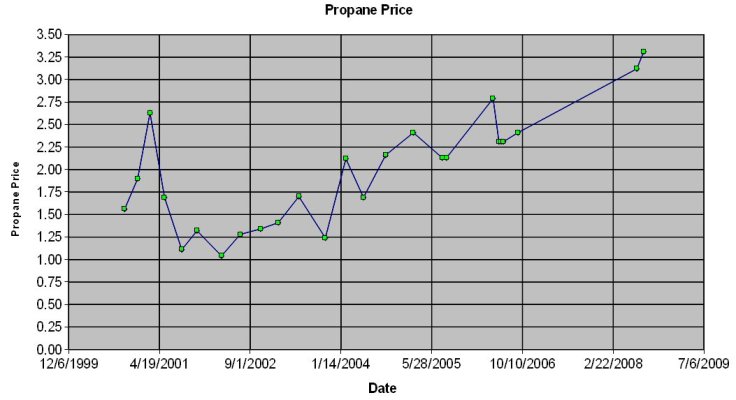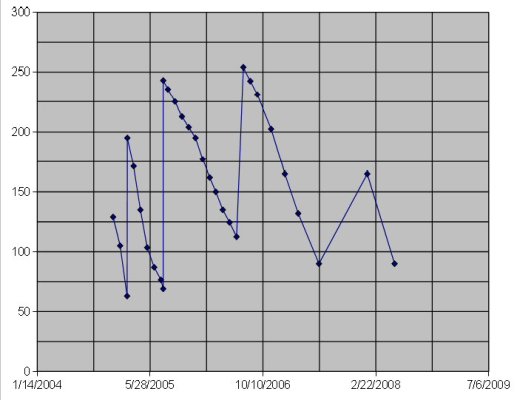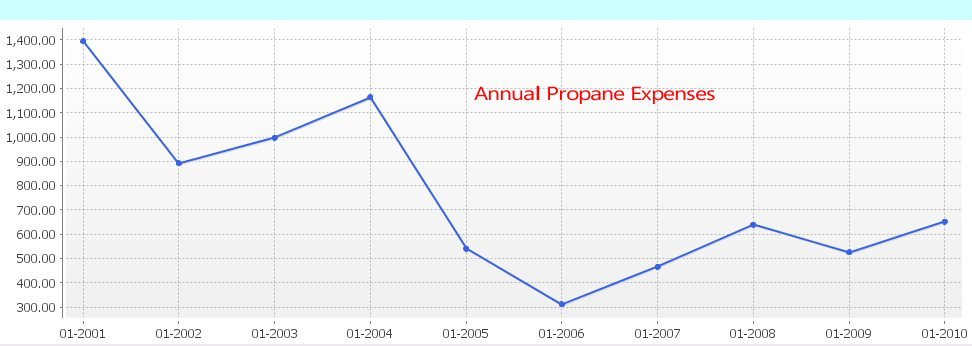nphx
Recycles dryer sheets
- Joined
- May 31, 2007
- Messages
- 345
I am building and there is only electric - no gas lines. Does anyone have a propane tank (buried) to feed their home - and is it worth it over electricity?
I would use it for tankless water heater feeds and as an option for heating (im in arizona).
I would use it for tankless water heater feeds and as an option for heating (im in arizona).



